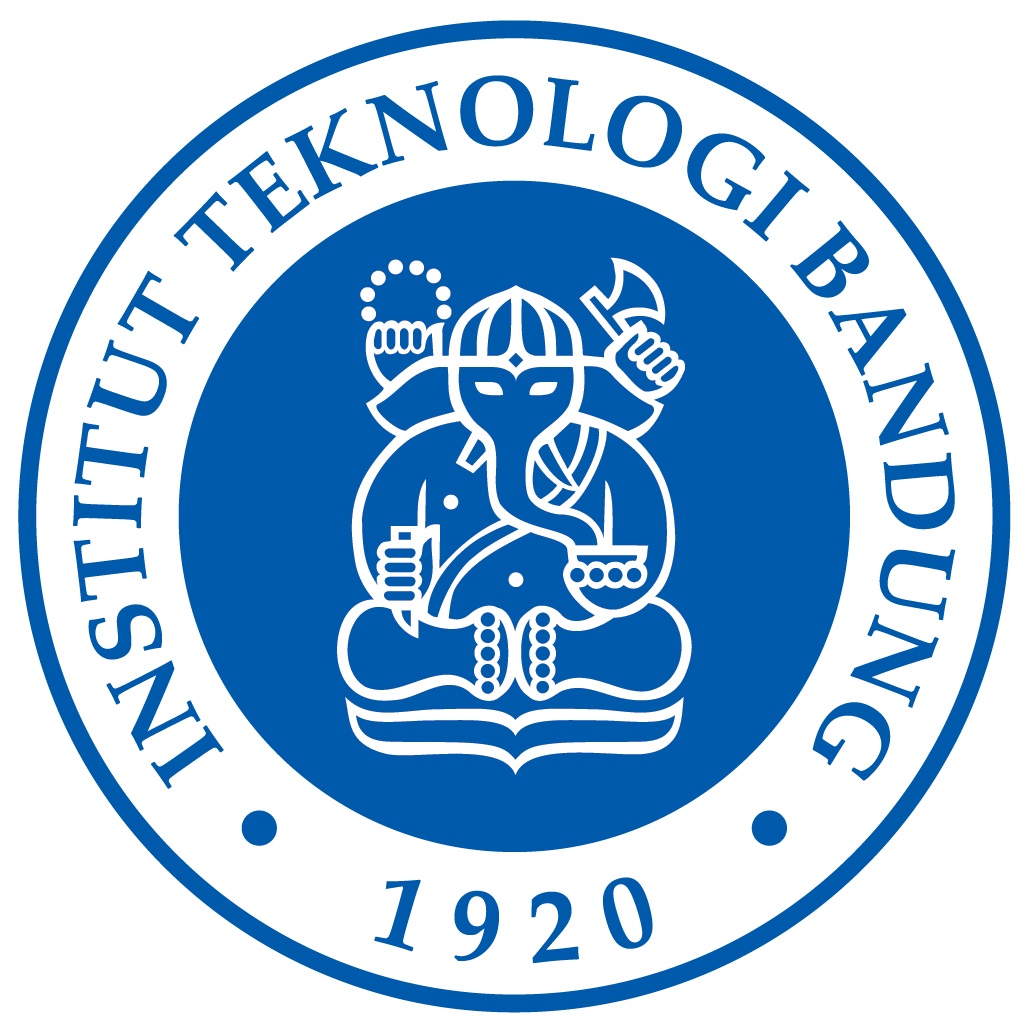

Agus Suharjono Ekomadyo
Pandemic problems in Indonesia, in addition to concerning the economic activity can continue to continue in the atmosphere of restrictions on social interaction, also about food security that concerns how agricultural products can be maintained. The increasingly massive agricultural activity in rural areas can actually be a solution for restrictions on social interaction in urban areas, the recovery of the national economy and community food security at once. However, there needs to be entrepreneurial and innovation so that agricultural activities in rural areas can have significant and inclusive economic added value. The concept of integrated agriculture-based productive waqf is one form of innovation for rural agricultural development with the use of the Indonesian socio-cultural capital, namely the spirit of religiosity. This dedication proposal is to make a digital platform design for the development of agricultural-based productive grafting networks in rural areas, so that the use of technology can encourage this activity to be increasingly massive and inclusive. Partner Activities are PD Muhammadiyah Klaten and PW Muhammadiyah West Java, with location of waqf land in Pakahan Village, Jogonalan, Klaten Regency, and Sukajaya Village, Jonggol, Bogor Regency. The approach of this activity is "Collective Humans and Non-Humans" (Latour, 1999) which sees that the highest level of technology mediation is as a delegation of human will, which has implications for local wisdom-based social engineering that accompanies the process of making digital application platforms and prototypes. With this approach, the technology created will be a mediator in the expansion of network production and consumption of agriculture in rural areas through a productive waqf mechanism. Through the pro-innovation situation (Yuliar, 2011), in addition to being useful with partners, the use of a collective approach will contribute to the development of the scientific development of the fostering environment and economic environment within the framework of community empowerment.
Artwork / Architecture, Final Report, Prototype / TRL
1. Compilation of draft for integrated play facilities for Jonggol waqf land 2. Compilation of draft for integrated waste processing facilities for jogonalan waqf land 3. Made a digital waqf prototype with both design proposals above as a case study.